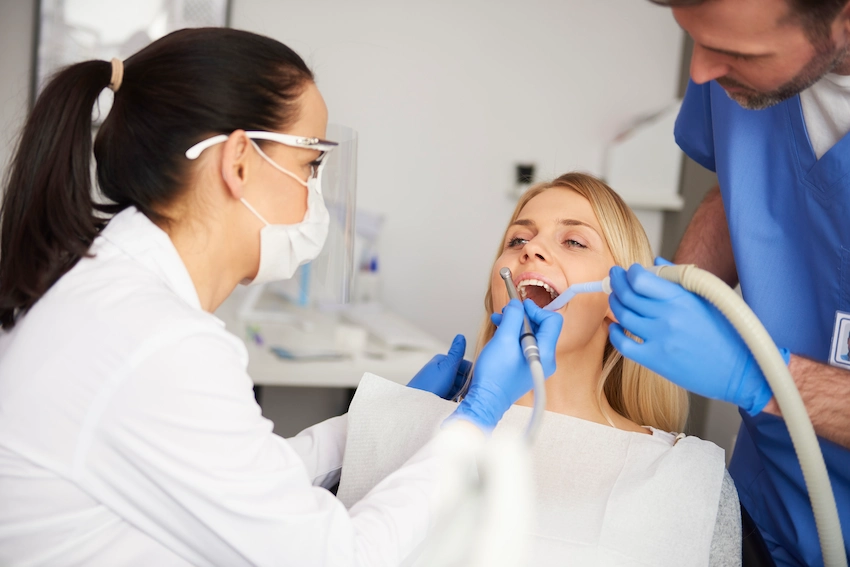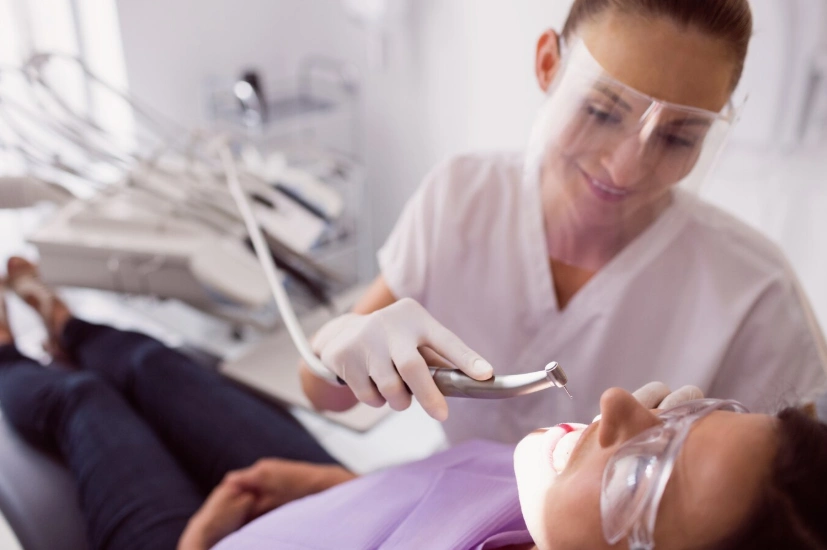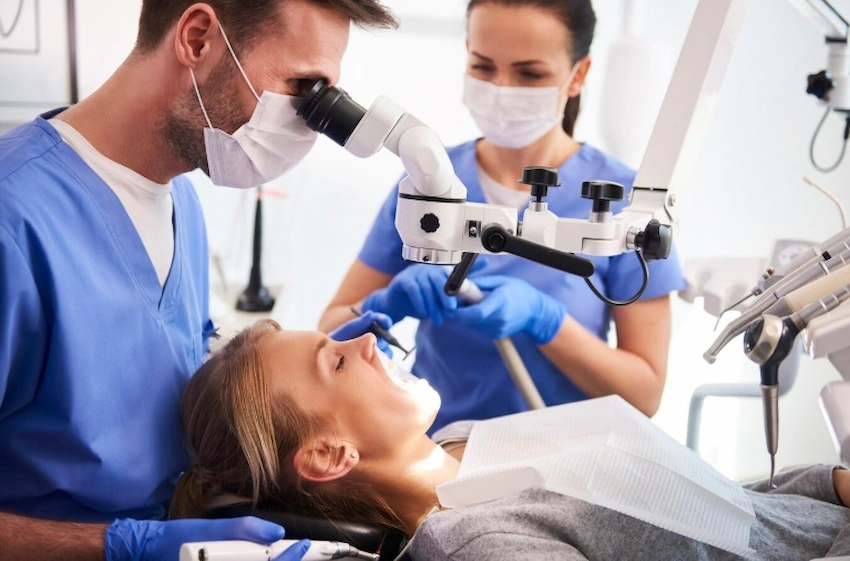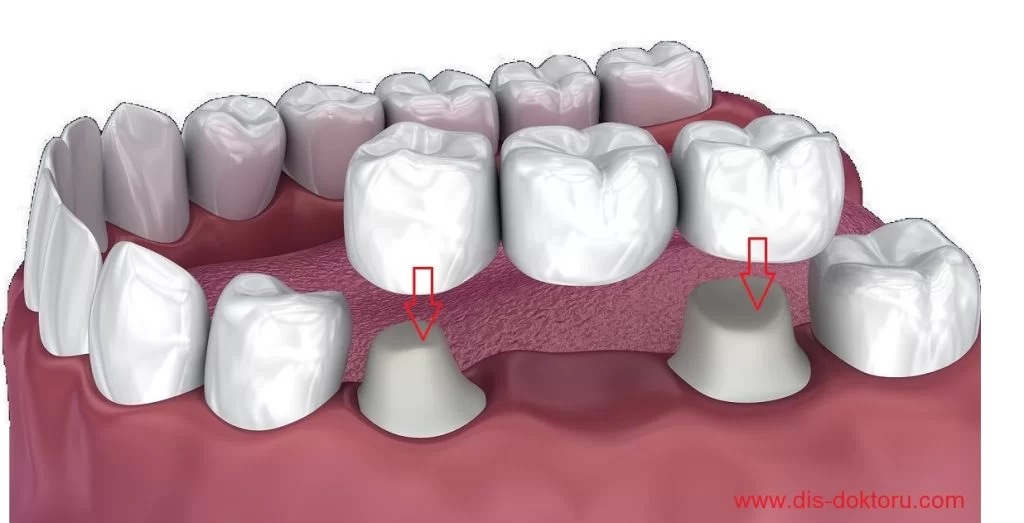5 Reasons for Pressure Pain in an Upper Jaw Tooth

Experiencing pain or feeling pressure pain in the upper jaw can be a bit difficult to handle especially when it is only identified with a tooth or a certain area. The pain originates from a compact area and is very annoying leaving the person completely stressed out and annoyed. It can either be a root cause of a lifetime toothache or staunch, and it can appear as if it does not pass deep into the oral cavity.
However, the pain that never goes away would need to be checked out by a practitioner. The oral pressure here may vary and may come either in a dull, pulsating, or sharp form whenever during the biting, rubbing the tooth, or warring. While dental pain is pretty common, it is not always what is going on in your lower jaw, as a variety of underlying conditions e.g. a few to mention that could be the main causes interacted with either your teeth, sinuses, or nerves.
In this post, we are going to go through all five of the first and most important reasons that can be the drivers of such a situation, and all the details suitably assigned to what is going on, and maybe some of the possible solutions that you can apply on your own.
Tooth Decay or Infection
The frequent cause of pressure pain located in the upper teeth is caries or infection. The situation where the bacteria have sneaked through the enamel and started the decaying process down to the region of dentine or even deeper, giving off this particular aching symptom. Increased tooth sensitivity during biting or chewing is the outcome of the pressure caused on the nerves by the inflammation.
Additionally, the gum tissue may swell while the tooth is painful to the touch if the decay has reached the root or if pulpitis has occurred. Most time inflicted with throbbing pain, which can be continuous, and discharged along with other symptoms like bad breath, taste alteration, and tooth discoloration, hence the urgency for a quick dentist visit, and presumably, a filling, root canal, or enucleation, could be proposed as the necessary cure to cease the swelling.
Sinus Pressure or Sinusitis
Since the roots of your upper back teeth are set in the maxillary sinuses, pain in the sinuses can for certain cases affect your teeth as well. A condition with your sinuses, either it’s overfilled up, which is the aftermath of the cold, or it’s infected, the pressure is exerted on the upper molars directly by the sinuses resulting in the pain.
Pulling down on the premolars and the back teeth, the pressure the inflamed sinuses create is the pain intended that you clearly feel when bending over, lying in the bed for a nap, or chewing.
The toothache arising from sinusitis is not confined to a particular tooth and can become aggravated during the time of your sinus cycle and be your companion during sitting, reading, or going to bed. In case the pressure does not go away and it is accompanied by the following symptoms: postnasal drip, nasal congestion, facial pain, or fever, the tooth is not the culprit but the sinuses.
Recent Dental Procedures or Bite Imbalance

Should you have had a tooth filling, a crown, or a root canal done recently, there is a good chance the tooth will be sensitive to pressure for a few days. But if the filling was too high or not well aligned, it is possible for your upper tooth to hit before the other ones and the result may be a localized pain. These pains are typically sharp or intense when you close or bite over the affected area. An abnormal bite without the involvement of dental work is certainly a factor in the appearance of pain in a certain tooth or teeth. The pain in the upper jaw is the usual one. Such a tooth may be in the wrong position. The periodontal ligament, which is inflamed, is the key reason for the swelling found in the surrounding tissue. Detecting these problems and correcting them can usually be done by the dentist by adjusting the bite with a simple device.
Bruxism (Teeth Grinding or Clenching)
Frequent teeth grinding or jaw clenching can apply continuous pressure to the upper jaw molar area. With a gradual increase in tension on the periodontal ligament, the patient will eventually feel the pain, and its strength would be proportional to that increased tension. In such a way that the pain coming from a long-standing infection usually presents more like a deep ache or tightness in a certain area, and it will become the very localized painful sensation the patient will notice.
Another sign that indicates bruxism is that people ordinarily rise with pain in the head, in the cheeks together with the discomfort in the jaws, prior to the teeth getting loose, a dentist confirmed that “the grinding manifested only when the patient was asleep, thus he was not aware of his habit until he observed the characteristic wear patterns on the teeth”.
The treatment with a one-off episode is not possible, hence several options are available to the patient to choose from; the choice of using a mouthguard, also stress reduction and the third would be to equalize the bite so as the pressure is not directed to the same area.
Cracked Tooth or Root Fracture
A cracked or fractured tooth may be hidden and not be seen, but it can guarantee an increase in pressure as a matter of fact, it may have a significant pressure pain effect, particularly when under chewing. In the upper jaw, molars typically, over time, get cracks, the result of a combination of excessive chewing pressure, enamel weakening, or prior fillings. The crack might generate acute pain as you are biting and quick relief as the pressure is released. This kind of pain is usually intermittent and frequently hard to locate. With the passing of time, when the crack has reached the pulp or root of the tooth, it can still trigger more swelling and pain, and this time it becomes so sensitive to both pressure and temperature. The diagnosis of a cracked tooth is carried out mostly using a clinical diagnosis, and then in the case of confirmation, a dental X-ray or bite test will be carried out later.
How to Know if the Pain from the Upper Jaw Tooth is Severe

Commonly, pressure in the upper jaw tooth may seem not of a concern at the beginning, however, it often signals that you need to check deeper. Indeed, a picture that instantly appears in your mind is of getting to know whether it is tooth decay, sinus inflammation, bruxism, bite problems, an unseen crack, or anything completely different that is the root of the problem.
Once diagnosed, the treatment becomes easy. Delays in diagnosis could develop a simple issue into a serious medical condition that is not just costly but also painful. If your pain remains constant for a day or two and is more intense when you chew or it escapes to other areas of your face or head, then it is high time to see a dentist.
There are medics and dentists who have the ability to use the most modern gadgets to help them find out the real cause of your problem in no time and hence tell you the right medicine to take which, most probably, will make you feel much better and be long-lasting.
One of these clinics is Lema Dental Clinic based in Istanbul where through the combination of the best expertise and advanced technology, they are capable of knowing the root cause and teaching you how the permanent treatment can be done.
Frequently Asked Questions About Upper Jaw Tooth Pressure
Yes, sinus inflammation or infection can press on the roots of your upper molars, causing pain that feels like it’s coming from your teeth. This pain often worsens when bending over or lying down.
Pain when biting down may indicate a cracked tooth, an uneven bite, or inflammation in the tooth’s ligament. A dentist can diagnose the issue with an exam and adjust your bite or suggest further treatment.
Common causes include sinus pressure, tooth infections, gum inflammation, or recent dental work. Sometimes, referred pain from other areas of the mouth can also feel like upper jaw tooth pressure.
If the pain worsens with head movement or comes with cold-like symptoms, it’s likely sinus-related. Dental pain is usually more localized and may be triggered by hot, cold, or chewing.
If the pain lasts more than a few days, gets worse, or is accompanied by swelling or fever, see a dentist immediately. Early treatment can prevent serious infections or complications.




